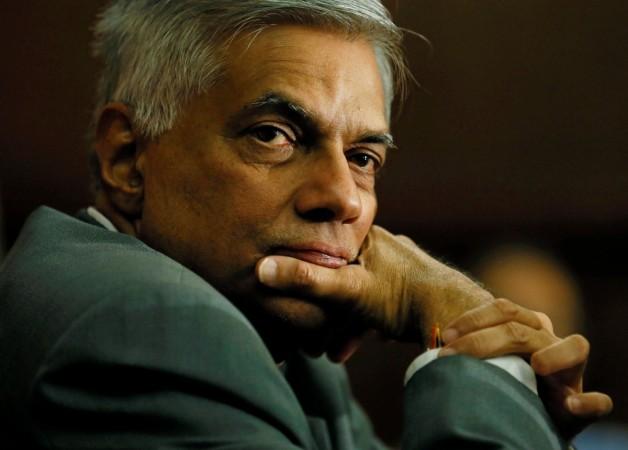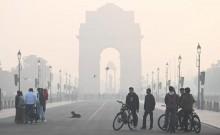
Sri Lanka's Prime Minister Ranil Wickremesinghe on Wednesday said that Sri Lankan asylum seekers held on Pacific island camps are free to return home without any fear of persecution.
Wickremesinghe made the statement during his visit to Australia in which he also discussed about bilateral cooperation on combating human trafficking with the Australian Prime Minister Malcolm Turnbull. Reports state that no asylum seeker from Sri Lanka has reached Australia through boat since 2013.
Donald Trump slams 'dumb deal' to take refugees from Australia after 'worst call' with PM Turnbull
More than 2,000 asylum seekers currently live in the Pacific island nations of Nauru and Papua New Guinea, and among these refugees Sri Lankans, Iranians and Afghans are the largest national groups. Australia is currently paying these countries to house the refugees on their lands.
Australia has not resettled any of the refugees yet. The United States President Donald Trump has although recently agreed to abide by the deal made by the Obama administration to take around 1,250 of the refugees. Trump however said that these refugees will have to undergo "extreme vetting" before they can enter the United States.
The US State Department's Resettlement Support Centre officials reportedly left Naru last week after conducting initial interviews with the refugee candidates set to be taken by America. Refugee advocate Ian Rintoul said that a team also arrived on Papua New Guinea's men-only camp on Manus Island on Tuesday to start the refugee interviews there, according to Associated Press reports.
The Sri Lankan PM said that Sri Lankan asylum seekers had broken Sri Lankan law by fleeing to Australia for asylum. However, he added that they had nothing to fear from returning.
"They are welcome to return to Sri Lanka and we won't prosecute them. Come back. All is forgiven. It is quite safe in Sri Lanka," Wickremesinghe told reporters referring to the refugees.
A devastating 26-year civil war which ended in 2009 had a huge impact on the Sri Lanka's population and the country has been attempting to reconcile its people ever since.
















